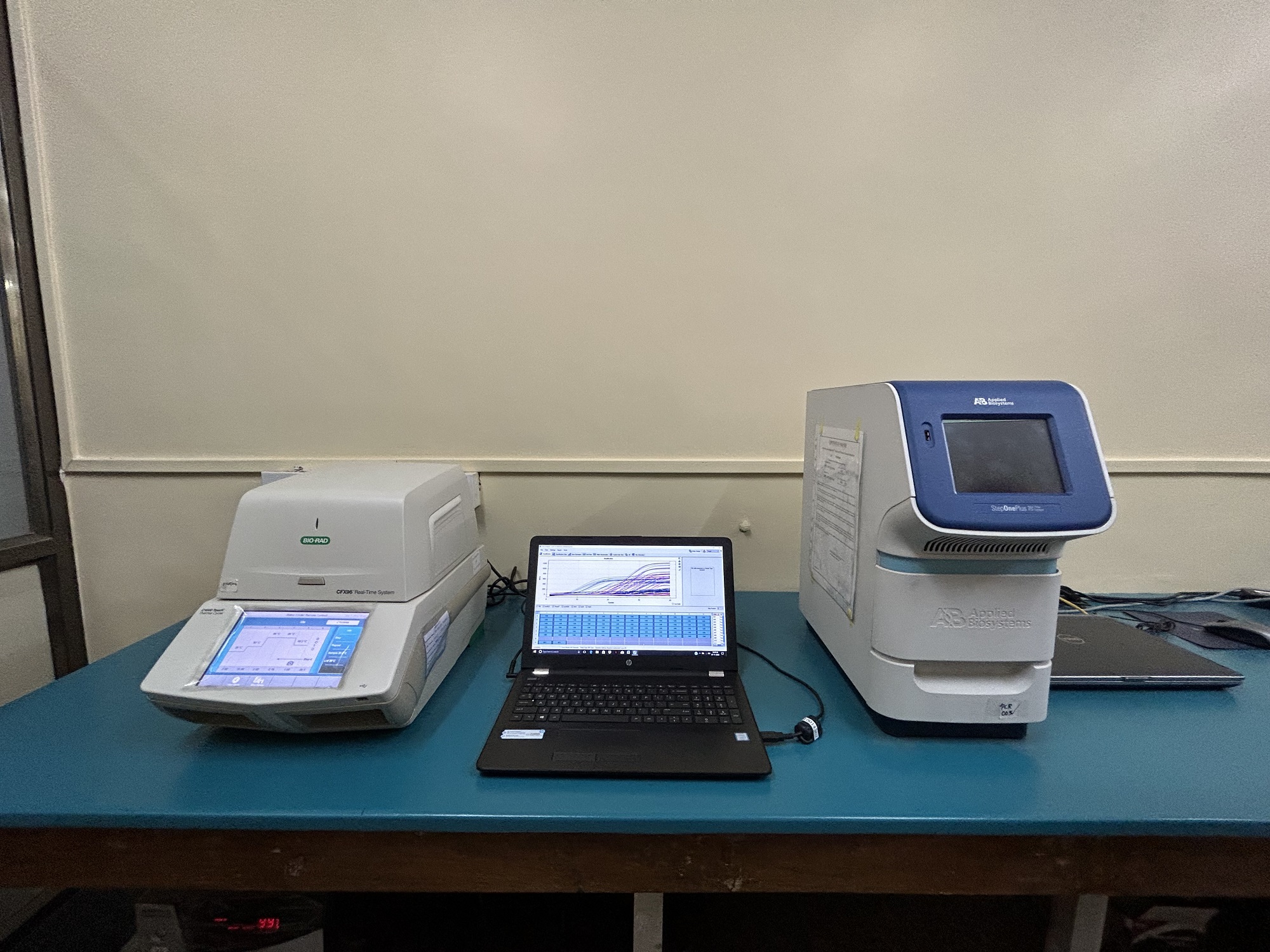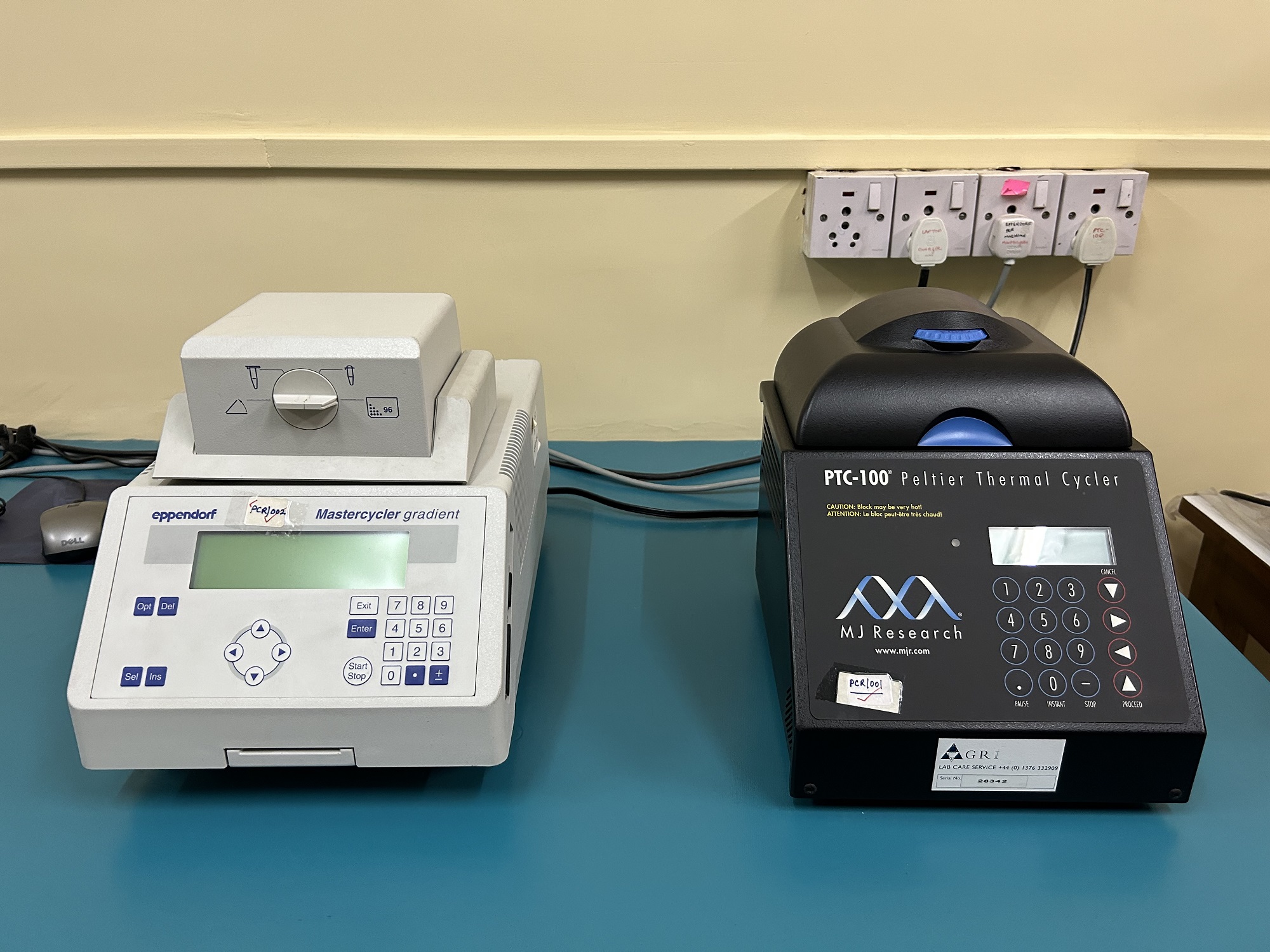
Our Facilities
The Foundation for Medical Research always strives to stay abreast with relevant technology to support its research objectives. It has state of the art facilities for handling infectious pathogens and conducting advanced molecular studies.
ECHO (Extension for Community Healthcare Outcomes)
Project ECHO is a collaborative medical education model originally aimed at building medical workforce capacity in rural and underserved areas. ECHO is a hub and spoke model (FMR is the hub and the labs/researchers/trainers are the spokes) that allows technology to share best practices and to create case-based learning, which can be monitored (web-based) for its outcomes. The Foundation uses ECHO to enable health system strengthening in the following areas:
- Handholding of Technicians at the national laboratories of the Indian National TB Elimination Programme for whole genome sequencing and virtually support them in troubleshooting during sequencing. This is first of a kind attempt to provide virtual support for improving laboratory technician’s capacities
- Continuous learning sessions for trainers and frontline health workers from primary health centres of rural area in the maternal new-born health (MNH) area.
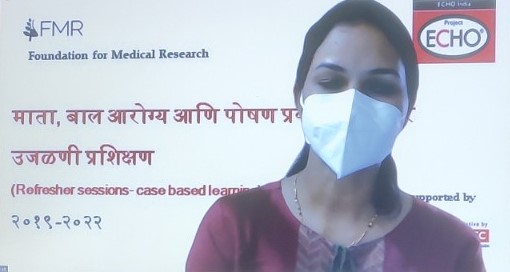
Portable Nanopore Sequencer
The Foundation has a portable, USB-powered DNA sequencer (MinION) designed and manufactured by Oxford Nanopore Technologies, UK. Nanopore sequencing is a unique technology that reads long DNA or RNA fragments in real-time. It functions by determining the changes to an electrical current as the nucleic acids pass a tiny protein nanopore present on the flow cell membrane in the sequencer. The resulting signal is decoded to provide the specific DNA or RNA sequence. The Foundation currently uses it for performing whole genome sequencing of clinical TB isolates (for determination of strain lineage and prediction of drug resistance), direct sputum sequencing (feasibility of using it as a point-of-care diagnostic tool) and for SARS-CoV-2 genome sequencing (lineage identification).
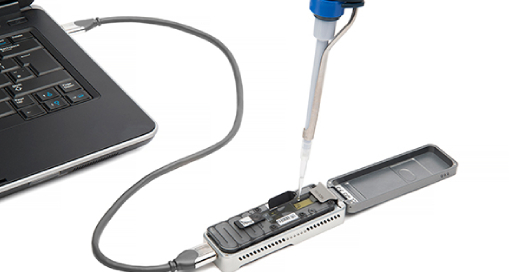
BIOINFORMATICS
The Foundation has a high-end computational facility- (Dell Precision Tower 7810 CTO) with Intel Xeon Processor (E5-2630 v3), 64 GB DDR4 RAM and two 19.5'' wide screen monitors and NAS backup system. The bioinformatics facility is mainly used for genomics, transcriptomics and surveillance research, currently for TB and SARS-CoV2. It is used for conducting high throughput data analysis using various tools/pipelines (Mykrobe Predictor, MTBSeq pipeline, Geneious, etc.) for the determination of strain lineages, strain evolution, prediction of TB drug resistance, metagenomic analysis, studying transcriptomics of the TB bacteria & its host and wastewater SARS-CoV-2 genomic surveillance.
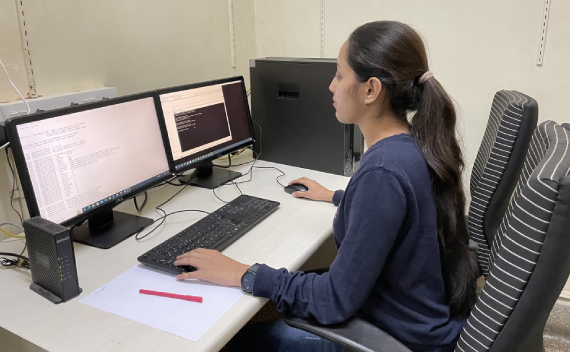
LIBRARY
The FMR library collection comprises scientific journals, reprints, books, proceedings of various conferences, annual reports.
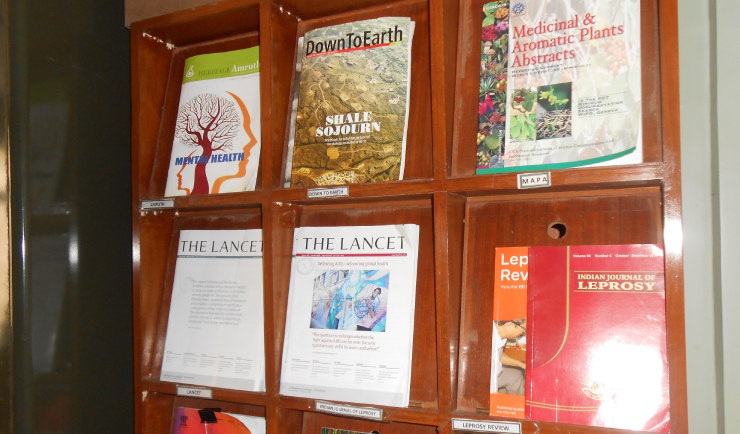
The list of subscribed journals
- Heritage Amruth
- Civil Society
- Down To Earth
- Lancet Infectious Diseases
- National Medical Journal of India
- Nature Medicine
- Trends in Microbiology
- Tuberculosis
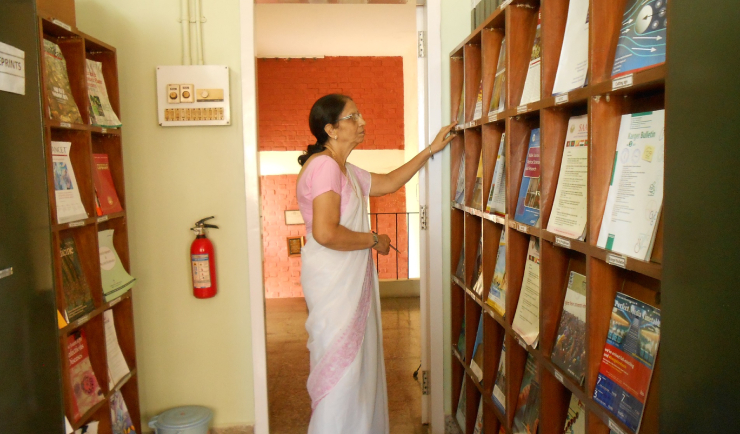
Online access to ASM journals
- Antimicrobial Agents and Chemotherapy
- Applied and Environmental Microbiology
- Clinical and Vaccine Immunology
- Clinical Microbiology Reviews
- Eukaryotic Cell
- Infection and Immunity
- Journal of Bacteriology
- Journal of Clinical Microbiology
- Journal of Virology
- Microbiology and Molecular Biology Reviews
- Molecular and Cellular Biology

The List of other journals/newsletters
- Indian Journal of Leprosy
- Aandalan
- Cutting Edge
- Grahak
- IASSI Quaterly
- Journal of Clinical & Scientific Research
- Sandbarbha
- SPAN
Additionally, there are over 9250 reprints and 1200 books. Alterations in journal holdings and reprint collection are based annually on the scope of scientific work undertaken at the Institute and the topics of current interest, encompassing a wide range of subjects besides immediate concerns. All FMR publications and masters/doctoral thesis of students are also available for reference.
The library also maintains an exhaustive historical collection of leprosy journals. Subject gateways, Email-alerts, Table of Contents are provided to staff and students as per their interest area. Inter-library loan service is also provided.
The services of the library are open to all external users. Photocopy service is provided to external users at nominal charges.
The library holdings are computerized.
For further details contact: [email protected]

